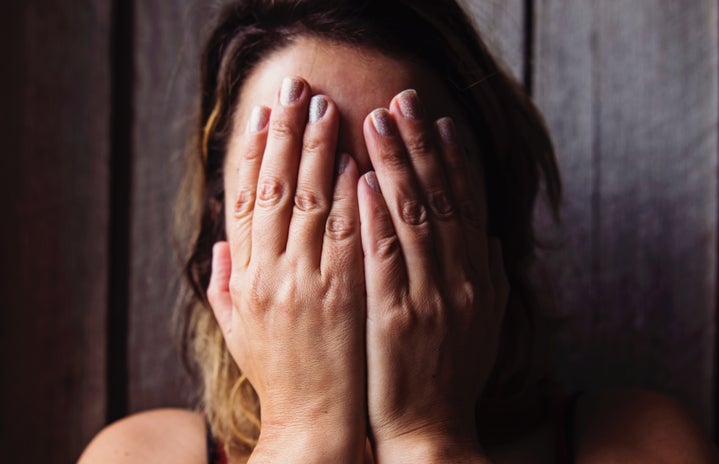Do you ever squirm while recalling past versions of yourself? Well, as a fellow human being, me too. There are a number of personal choices that, if given the chance, I’d probably erase from the history of time. However, after listening to the Vox Conversations episode, “The case for regret”, I’ve started to reconsider that desire.
In the episode, Sean Illing interviews Daniel Pink to discuss his book, The Power of Regret: How Looking Backward Moves Us Forward. Pink’s book argues exactly what the title suggests. Citing various sociological studies, he claims that regret is one of our most useful emotions. While it is a negative feeling, Pink argues that it produces positive outcomes crucial to our well-being; without regret, we would not be able to build character. Every time we experience regret, we learn more about the kind of person we want to become and gain insight as to how to do it.
Throughout the course of the interview, Sean Illing is skeptical of this idea. He argues that to him, regret is living in the past which, wastes the time we have in the present, and at the beginning of this episode, I agreed with him.
One of my greatest regrets from college is the excessive amount of time I spent regretting who I was in high school. For the first two years, I was constantly ruminating over what an asshole I had been and mulling over memories that made my stomach churn. I thought that the more I criticized my past self, the more I could prevent myself from being that person. However, instead, this self-judgment just made me lose confidence.
However, Daniel Pink gives a caveat to his claim. He goes on to say that if we overindulge in our feelings of regret, we stop being productive with our reflections and simply begin to wallow in the past. In order to prevent this, we have to approach our failures with self-compassion. The reason my teen years haunted me for so long was that instead of simply taking away life lessons from my regrets, I made harsh attacks on who I was as a person. This lack of self-compassion is what spiraled my regret into a crippling experience rather than an expansive one.
For example, I never let myself go out as a freshman in college because I had been reckless in high school. The narrative I was telling myself was “I am reckless and don’t deserve a social life”. A reframe that Pink would encourage might be, “I didn’t know how to take care of myself then and now I know how to behave responsibly”. You will probably still have those initial waves of guilt and embarrassment, but rather than feeling shame, you should feel empowered by the knowledge that regret has to offer.
While I think we all have the power to evolve, who you were in the past will always be a part of who you are in the present. To bash yourself at any point in time will only take away from your sense of self-worth. So, the next time you are overloaded with hangxiety or have unleashed your PMS fury onto an innocent roommate, do not berate yourself. Take the feeling of regret as a sign that sage wisdom and self-awareness are coming your way.


